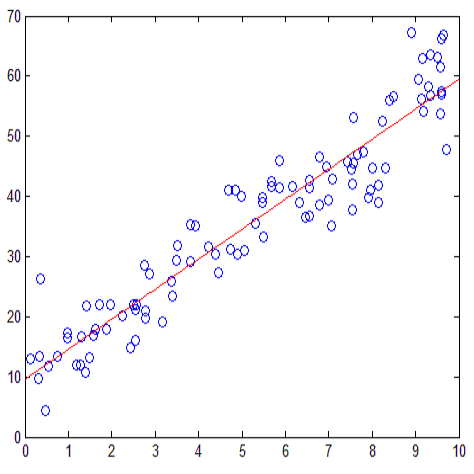Decisions in agriculture are frequently based on weather. With an increase in the availability and affordability of off-the-shelf weather stations, farmers able to acquire localised weather information. However, with uncertainty in the sensor and installation quality, farmers are at risk of making poor decisions based on incorrect data. We present an automated approach to perform quality control on weather sensors. Our approach uses time-series modelling and data fusion with Bayesian principles to provide predictions with uncertainty quantification. These predictions and uncertainty are used to estimate the validity of a sensor observation. We test on temperature, wind, and humidity data and achieve error hit rates above 80% and false negative rates below 11%.
翻译:农业决策往往以天气为基础。随着现成天气站的可用性和可负担性增加,农民能够获取本地气象信息。然而,由于传感器和安装质量的不确定性,农民有可能根据不正确的数据做出错误的决定。我们提出了对气象传感器进行质量控制的自动化方法。我们的方法使用时间序列模型和数据与贝叶斯原则结合,以提供具有不确定性量化的预测。这些预测和不确定性被用来估计传感器观测的有效性。我们测试温度、风和湿度数据,并得出80%以上的误撞率和11%以下的误差负率。





